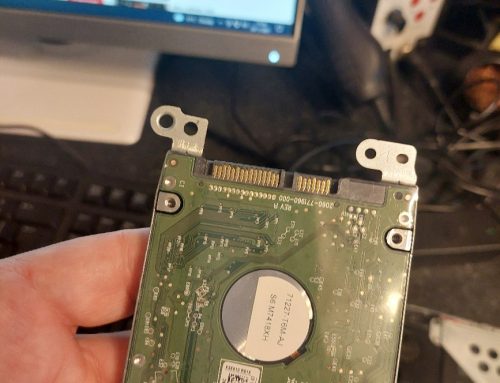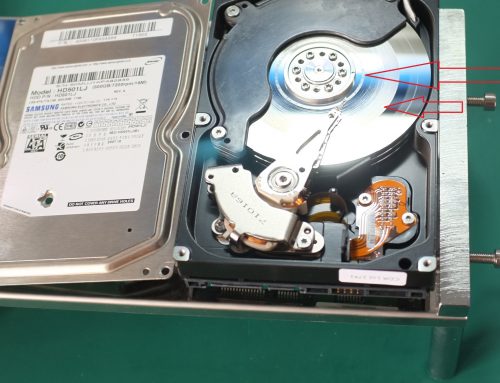 A basic knowledge shared by most people is that hard drives or hard disk drives (HDD) are mechanical devices that store all the software programs and files in a computer. It is an essential component of computers; it would not run without this fundamental piece. However, like any other mechanical devices, hard drives wear out eventually. Hard drive failure is a reality to prepare for.
A basic knowledge shared by most people is that hard drives or hard disk drives (HDD) are mechanical devices that store all the software programs and files in a computer. It is an essential component of computers; it would not run without this fundamental piece. However, like any other mechanical devices, hard drives wear out eventually. Hard drive failure is a reality to prepare for.
In the long run, you will have to face the certainty that all hard drives fail no matter how cautious you have been. And when your hard drive crashes, you will unfortunately lose everything you have stored in your computer – work documents, personal files, software programs and practically everything in the hard drive (unless you backed up your data ahead of time). Why do hard drives fail anyway? Hard drive failure occurs mainly because of four reasons:
(1) mechanical failure, which is something expected for all mechanical devices,
(2) electric failure
(3) firmware corruption
(4) logical corruption
Improper use of the hard drive is one of the major reasons why hard drives crash earlier as expected. Improper usage of the computer, improper shutdown of the system, viruses, and extreme heat are among the factors that shortens the life span of the hard drives.
Types of Hard Drive Failure
Hard drive failure happens as a result of one or more of the following: mechanical failure, electronic failure, firmware corruption or logical corruption. Just like any mechanical devices, hard disks eventually wear out and undergo mechanical failure. Hard disks are composed of small moving parts, and damage to one of its parts would cause damage to the hard disk as a whole. The hard disk also crashes when there is power failure. Electrical failure is a result of power surges and this greatly affects the drive’s controller board. If the hard disk is burnt, it no longer can spin when the computer is turned on. When the disk fails due to firmware corruption, the hard disk becomes unreadable by the computer. The firmware is the embedded software code that controls the basic hard drive functions. You have to suspect firmware corruption when the computer incorrectly recognizes the hard disk or does not recognize it at all, or freezes during booting. Lastly, logical corruption is a problem with the software, not with the hardware. Logical corruption can be a symptom of a mechanical, electrical or firmware problem. Whatever the cause is, it is always better to back up your files often to avoid inconvenience and hassle.
Knowledge of the early warning signs of hard drive failure is a must to address and solve the problem immediately. Computers encounter problems from time to time and we often regard it is a normal circumstance for all mechanical devices. However, when it happens very often than usual, it should start to alarm you. When the computer freezes constantly, you should suspect pending hard drive failure. This is by far the most common and noticeable sign of a crashed disk. Basically, the computer hangs up, the mouse cursor becomes immovable and whatever you do with the keyboard is ignored by the computer. You are left with an option to reboot your computer every time it freezes. Aside from this, the computer’s speed also slows down. Getting access to files and saving files takes longer time than usual. During the booting process, the computer locks up. The computer hangs up when loading your operating system. Files also become corrupted and they strangely disappear. This should alarm you when it happens more than once. When the nature of the disk failure is mechanical, the hard drive produces an unusual clicking sound while running.
When you notice a few of these signs, start backing up your data. You would not want to waste time and lose everything stored in your hard drive, right?
Recovering Data from a Crashed Hard Drive
Recovering data after a hard drive failure is possible. However, it is not as simple as you think. “How to” articles from eHow would not work this time; instead you should see PC Workshop data recovery as our record in this field is above average.



